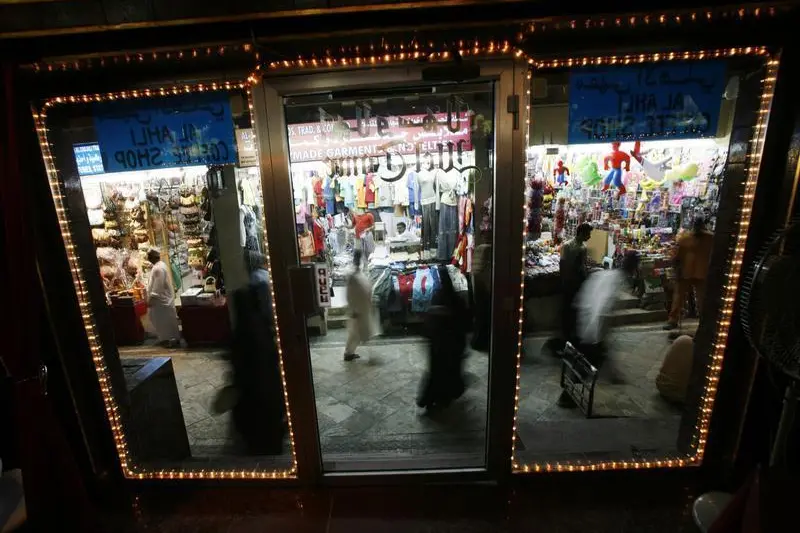PHOTO
Muscat – Starting July 20, carbonated and sweetened drinks will be required to get Digital Tax Stamps in order to be imported or sold in the Omani market.
Manufacturers and importers who do not comply with the Digital Tax Stamp scheme could be penalised RO500 to RO5,000.
Oman Tax Authority (OTA) stipulated the rules, terms and conditions for implementation of the Digital Tax Stamp scheme for excise goods in the sultanate through Ministerial Decision No 21/2022.
As part of the initial phase, the scheme focused on cigarettes and was later expanded to include shisha and other tobacco products. OTA now intends to further expand regulations to implement Digital Tax Stamps for carbonated, energy and sweetened drinks.
Starting May 4, OTA will accept requests for tax stamps from importers and manufacturers. From July 20, the sultanate will apply customs enforcement, prohibiting import of goods into Oman without tax stamps, and starting October 12, trade of local goods without tax stamps will be banned.
Digital Tax Stamp on excise goods is a tax managing scheme introduced in the sultanate to enforce tax administration and compliance in line with international best practices, professional services and advisory firm PwC stated in a recent publication.
Digital Tax Stamps allow monitoring, tracking and tracing movement of excise goods throughout the supply chain. The main objectives of introducing Digital Tax Stamps are to protect government revenues, combat illicit trade, promote fair competition in markets, provide real time statistical data for both tax policy and better analysis, and audit of the supply chain, according to PwC.
‘As a result, manufacturers and importers of excise goods are mandated to affix seals with special security features on the selected excise goods. Only goods bearing these special marks are allowed to be imported into Oman or be produced and sold in the local market.’
© Apex Press and Publishing Provided by SyndiGate Media Inc. (Syndigate.info).





















